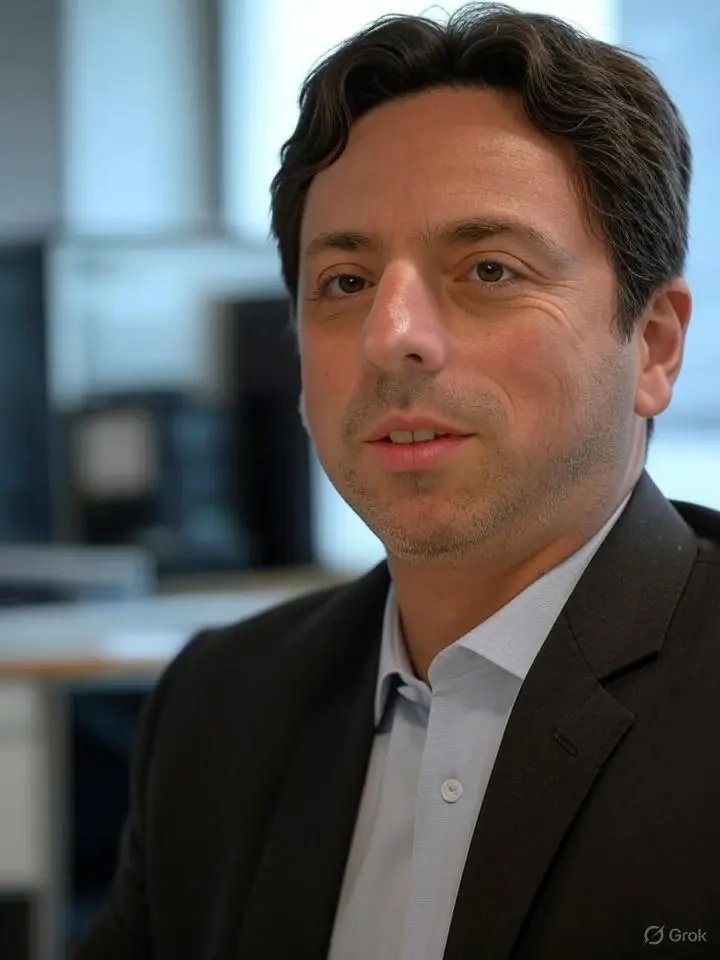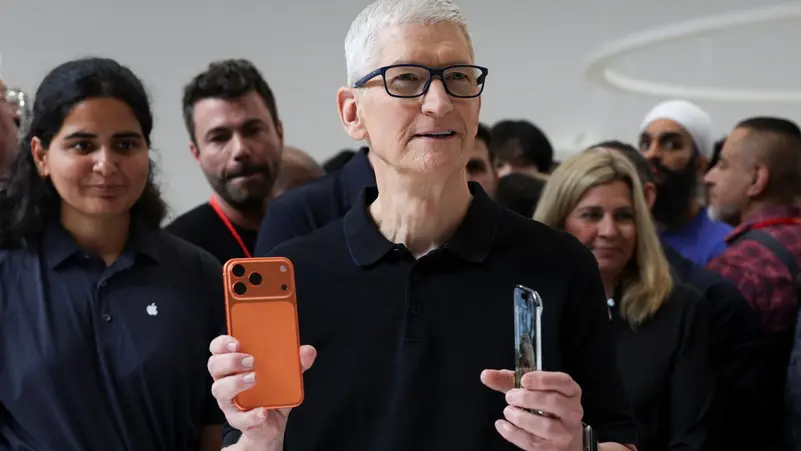Google AI Pushes for 60-Hour Weeks in Bid to Win AGI Race

Google AI is at the centre of an escalating arms race for artificial general intelligence (AGI), with company co-founder Sergey Brin calling for engineers to work longer hours and return to the office more frequently In a leaked internal memo, Brin described a 60-hour workweek as the “sweet spot” for productivity, urging staff to accelerate development of the Gemini AI model to stay ahead of rivals like OpenAI, Anthropic, and emerging startups The directive, while ambitious, has sparked debate over work-life balance, talent retention, and the ethical boundaries of modern tech competition.
Google AI and the Push for Longer Hours
Brin’s message outlined the urgency of the AGI race and positioned Google AI as having “all the ingredients to win” However, he stressed that success depends on significantly intensifying work efforts and collaboration The memo suggested that near-daily office attendance would foster faster breakthroughs and stronger team cohesion.
Key points from Brin’s directive:
-
Google AI engineers encouraged to commit to a 60-hour workweek.
-
Office presence required most weekdays to enhance collaboration.
-
Goal is to accelerate progress on the Gemini AI model.
-
Competitive pressure from OpenAI, Anthropic, and others cited as driving force.
-
Warning against minimal contributions that could harm team morale.
-
Emphasis on leveraging Google AI’s resources to dominate the AGI race.
Return-to-Office Policies Tighten
Google AI’s new push aligns with a broader trend among major tech companies to scale back hybrid models Post-pandemic flexibility is giving way to structured schedules, with management emphasising in-person innovation as a key factor in staying competitive Brin’s involvement marks a shift from earlier, more lenient approaches, signalling that leadership sees physical presence as critical to Google AI’s future.
Why Google AI is Raising the Stakes
The race for AGI is intensifying, with companies pouring resources into large-scale AI model training and deployment Brin’s memo reflects a belief that Google AI must act decisively now to avoid falling behind, especially as competitors make rapid progress.
Core reasons for the accelerated pace at Google AI:
-
AGI is viewed as a transformative technology with global economic impact.
-
Competitors are implementing equally aggressive work schedules.
-
In-person collaboration is believed to speed up innovation cycles.
-
Internal competition and morale concerns require stronger performance standards.
-
Maintaining Google AI’s leadership position is seen as vital to long-term success.
Employee Reactions to Google AI’s Demands
The memo has divided opinion among Google AI staff and the wider tech community. Supporters argue that high-stakes projects require exceptional commitment, while critics warn of burnout, reduced productivity, and potential talent loss.
Parallels with Global Tech Work Culture
Brin’s 60-hour recommendation has drawn comparisons to China’s “996” system working from 9 a.m. to 9 p.m., six days a week On social media platform X, tech commentators have debated whether such demands are sustainable, with some suggesting it could push skilled engineers toward competitors offering more balanced conditions.
Competitor Pressure on Google AI
Google AI’s intensified strategy comes amid reports that other firms are already working on even longer schedules Startups such as xAI and Cognition are said to expect 80-hour weeks from staff, fuelling speculation that extreme work demands are becoming the industry norm.
Competitors in the AGI race:
-
OpenAI – Continues rapid development of GPT-based systems.
-
Anthropic – Expanding capabilities of Claude AI models.
-
xAI – Pursuing highly ambitious AI timelines under Elon Musk.
-
Cognition – Operating in stealth mode but known for aggressive R&D pace.
Ethical Questions Around Google AI’s Approach
While Brin’s call to action may be driven by competition, it also raises questions about whether it is ethical to demand such sacrifices for developing technology that could automate human jobs Industry observers note the irony in requiring engineers to work harder on tools that could reduce the need for human labour in the long term.
Impact on Talent Retention at Google AI
Google AI has historically attracted top talent by offering flexibility and competitive perks However, the new working expectations could shift that balance Some insiders warn that experienced engineers may seek out roles in companies with more sustainable workloads, potentially weakening Google AI’s talent pool.
Balancing Ambition and Sustainability
Industry analysts stress that while innovation demands focus, overwork can lead to diminishing returns Research into productivity suggests that performance plateaus or even declines once workweeks extend far beyond 40 hours, a risk Google AI must weigh carefully.
Long-Term Implications for the AI Industry
If Google AI’s strategy succeeds, it may set a precedent for the rest of the industry, normalising extended hours as the standard for high-impact AI projects Conversely, if it fails to deliver results, it could serve as a cautionary example of the limits of human endurance in technology development.
Possible industry-wide effects:
-
A shift toward more demanding work cultures.
-
Increased competition for AI talent globally.
-
Greater scrutiny from labour rights advocates.
-
Influence on how AI ethics debates are framed.
-
Potential acceleration of AGI timelines.
Sergey Brin’s directive marks a defining moment for Google AI, highlighting the intense pressure tech giants face in the race for artificial general intelligence While the call for 60-hour weeks and near-daily office attendance underscores the urgency of the challenge, it also opens up debates on sustainability, ethics, and talent management Whether this strategy leads Google AI to victory or becomes a cautionary tale will depend on the balance between human effort and technological ambition in the years ahead.




